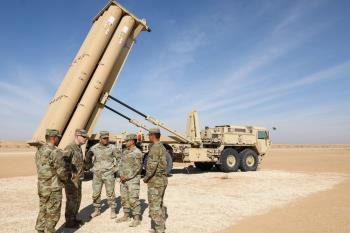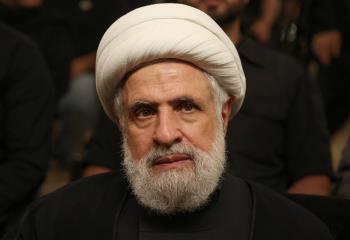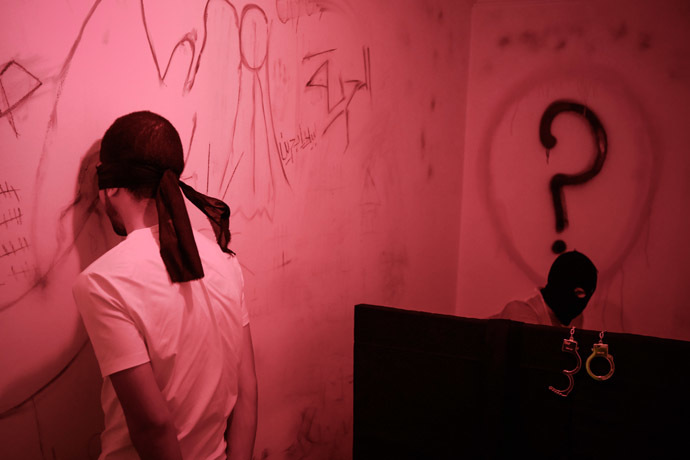Alwaght- If freedom is the opposite of being imprisoned or enslaved, then Bahrain would relatively be the world’s largest prison. As Manama continues its crackdown against the opposition, comprising most of the population, the prospects of freedom under the Bahraini regime’s rule are diminishing by the day.
The Bahraini regime has not abated its no-mercy-policy when it comes to dissents who are calling for the implementation of their rights. There is a reciprocal relationship between these variables; the harsher the suppression, the deeper the longing for freedom becomes.
Revoking Nationalities
Under the al-Khalifa monarchy’s rule, tens of thousands of Bahraini citizens have been deprived of their rights with the international cover up legitimizing the clampdown.
According to Freedom House report 2015, which published an overview essay titled Anxious Dictators, Wavering Democracies, “Bahrain’s government, with little pushback from its ally , the U.S., continued its shameful efforts to silence the opposition by stripping its leading critics, most of them Shiites, of their citizenship.”
Perhaps one of the most drastic measures Bahraini authorities have taken is revoking its citizens’ nationalities for speaking up against its policies, a blatant violation of human rights, particularly freedom of expression.
Human rights activists in Bahrain have placed the number of people who were stripped of their nationalities at 253.
“Revoking nationality everywhere is considered as executing the civil situation of the person. That what happens when the person suddenly becomes with no nationality,” activists said during a conference at Al-Wefaq, the main opposition group, headquarters.
Sectarian Discrimination
The Muslim Shiite sect exceeds 70% of the Bahraini population. Yet the indigenous Shiite population has been marginalized by the government on the basis of sectarian discrimination.
Most notably, the Bahrain Center for Human Rights says "they occupy less than 18% of total top jobs in government establishments. In several government ministries and corporations no Shiite is appointed in leading jobs.”
Manama does not permit Shiites to hold key government posts nor serve in the police or army, which mostly consist of foreigners who are granted Bahraini citizenship.
Nationwide Prison
The Bahraini authorities have detained thousands of Bahrainis in recent years with hundreds of political prisoners lying in government jails. The Persian-Gulf state is the top country in political prisoners per capita.
After the 2011 uprising, led by activists and opposition groups to demand democracy in the country, arbitrary detention hiked in the kingdom as Saudi-backed security forces launched a harsh campaign in a bid to silence the opposition.
The detention of opposition leader Sheikh Ali Salman and prominent activists such as Zeinab Al-Khawaja and Nabeel Rajab for verbally expressing their opinions are examples of the regime’s systematic targeting of the voices of freedom.
In its 2015 report, Amnesty International published a report in which it concluded that it “monitored human rights developments in Bahrain for many years but never more closely than in the past four years, which have seen widespread violations by government security forces. These have included torture and other ill-treatment of detainees, unfair trials, the imprisonment of prisoners of conscience and unlawful killings, with those responsible all too frequently escaping accountability.”
Since the uprising was initiated, more than 100 protesters have been killed at the hands of Saudi-backed security forces, 500 individuals held prisoners of conscience, and over 3,000 others are in arbitrary detention, according to BCHR.
Yet, even from behind the bars of discrimination and oppression, the people of Bahrain continue to voice their demands. The opposition and the followers of the 2011 uprising have demonstrated that no cage ensnares them even if it is a prison the size of a country.



























